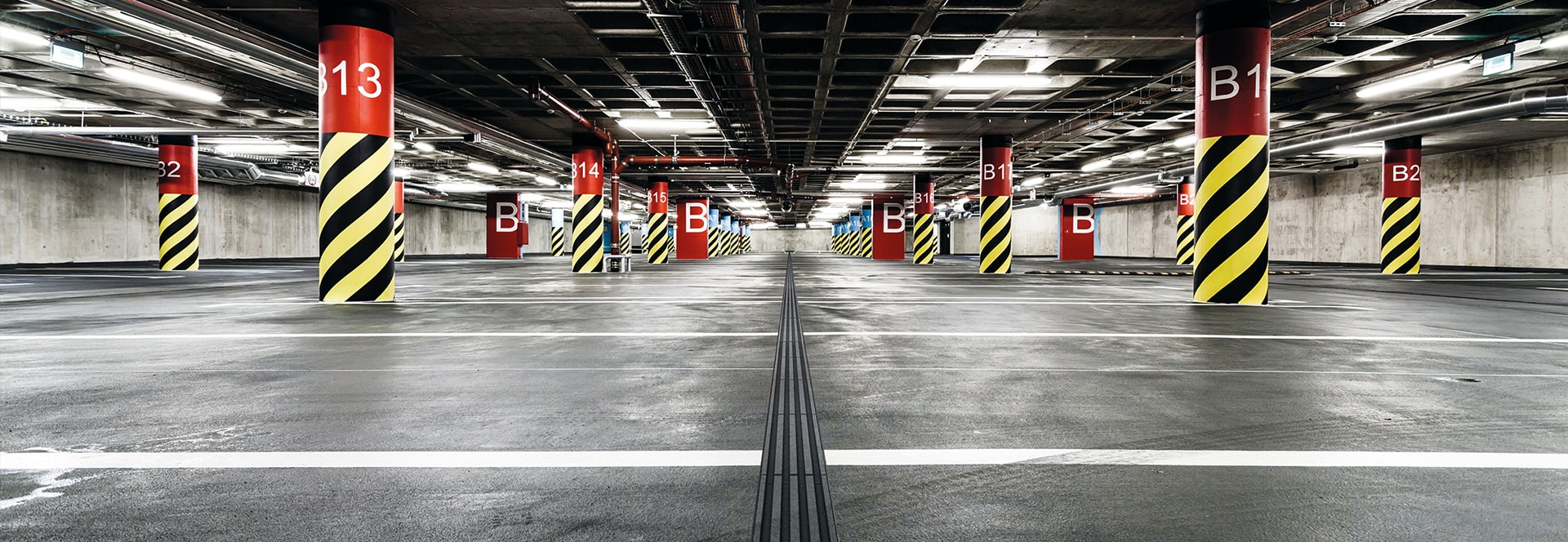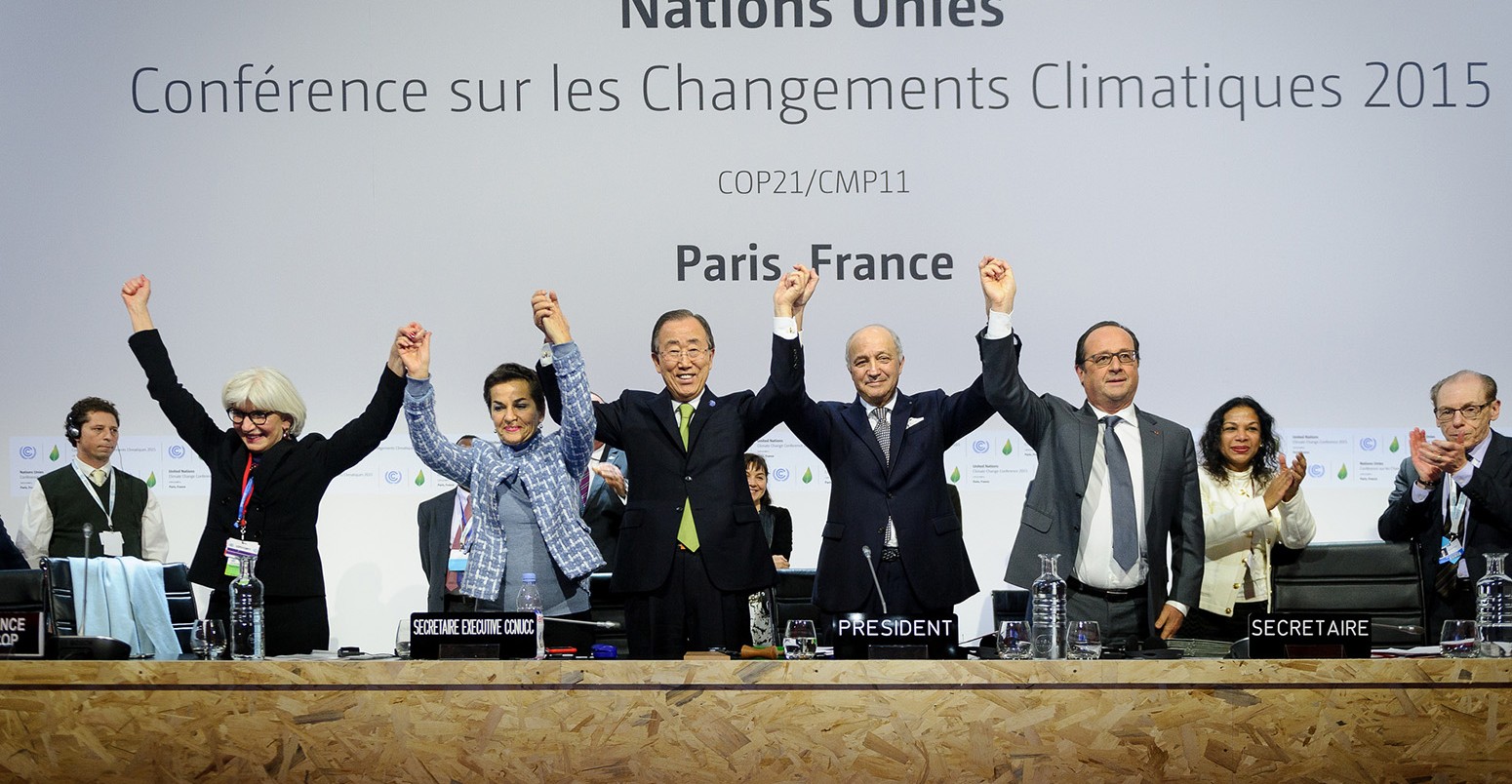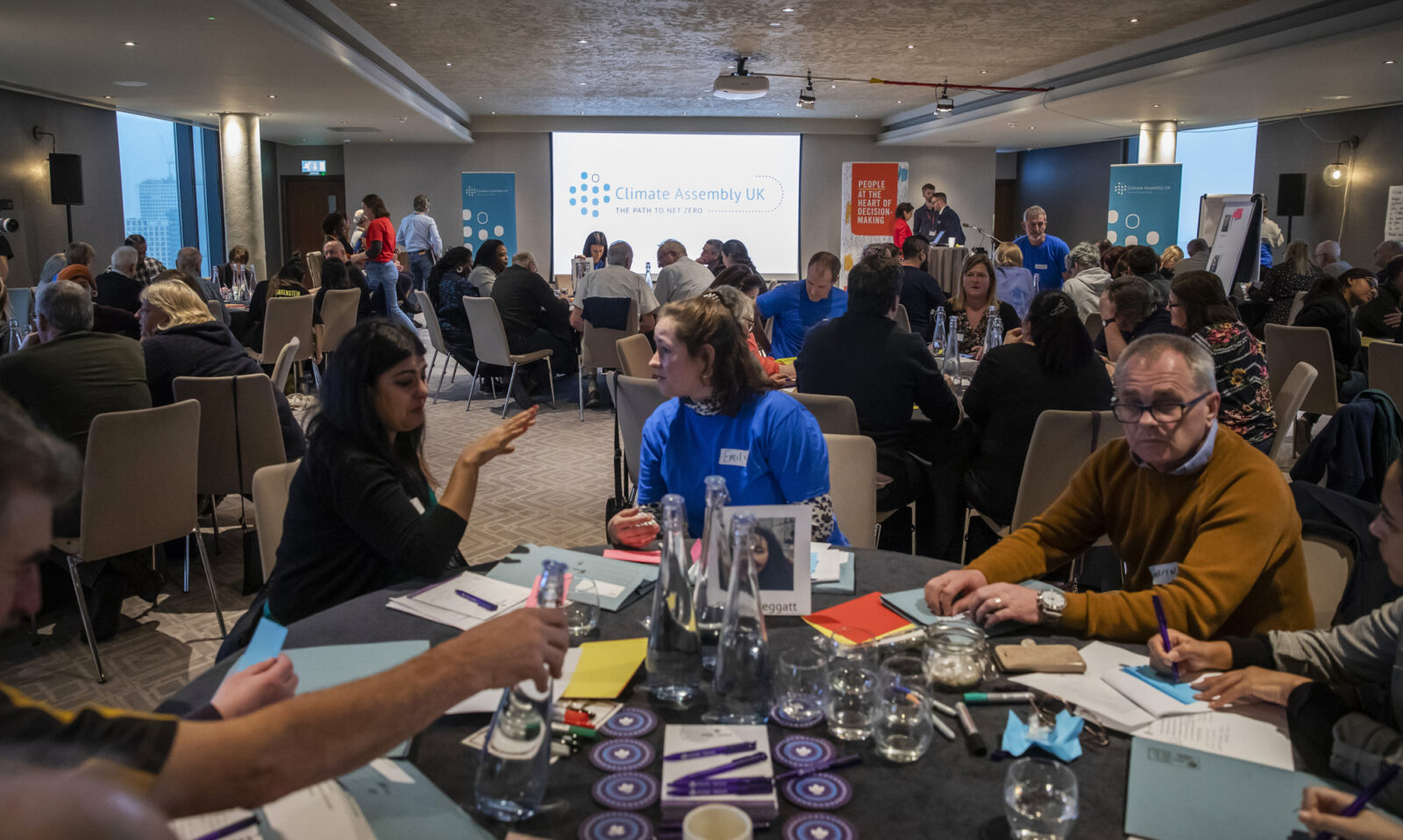Talking Points: September 2020
Posted on 07 Oct 2020 Categories: Blog, Climate crisis, Coronavirus, New economic models, Community Wealth Building, Talking Points
by Rethinking Poverty
This month’s Talking Points picks up August’s discussions of the changing world of work and the knock-on effects on cities. It also looks at the inexorable rise of poverty and inequality and suggestions for how this could be tackled, and continued wide-ranging calls for a green recovery. Finally, it looks at alternative economic approaches and a new form of democracy represented by the citizens’ assembly.
The changing world of work
The world of work as we know it is in the melting pot. A four-day week in the public sector – a 32-hour week with no loss of pay is suggested – would create up to half a million new jobs and help limit the rise in unemployment expected over the coming months, according to research by the thinktank Autonomy.
‘The commuter is an English archetype – but for how much longer?’ asks John Harris. Millions of former commuters are becoming aware of a different way of living, away from the treadmill of the morning train: ‘Ernold Same caught the same train / At the same station, sat in the same seat / With the same nasty stain / Next to him the same old what’s his name / On his way to the same place to do the same thing / Again and again’ (‘Ernold Same’, Blur, 1995). There is also rising interest in the idea that reclaiming time from commuting might benefit the economy: one Australian academic has recently estimated that in his country a massed switch to home-working might amount to a 13 per cent increase in productivity.

Rethinking cities
Commuting centres on cities. As seen in August’s Talking Points, the shift in working patterns is bringing changes in cities too. UK cities should work for the people who live in them, not for distant shareholders, argues Neil McInroy of CLES. City centres have become little more than ‘places for wealth to be extracted and funnelled into the bank accounts of global investment companies and their shareholders’, he says. ‘As land and property values increase, local people are often priced out of areas and urban culture is eroded.’ Community wealth building doesn’t offer ‘hollow promises’ about investment trickling outwards. Rather, it focuses on ‘the predistribution of wealth before it’s even created’. The growth of small businesses, cooperatives, employee-owned companies and community banks locks wealth into local communities, stemming the flow of wealth ‘before it disappears into the ether of the global economy’.
The pandemic will accelerate the evolution of our cities, writes architect Norman Foster in the Guardian. The future he sees is a bright one, with a range of factors leading to ‘progressively less space needed for vehicles’. ‘An obsolete multistorey car park is the ideal urban farm,’ he suggests.

Growing poverty and inequality
As recent editions of Talking Points have highlighted, the pandemic has exacerbated poverty and inequality. A temporary £20-a-week boost to universal credit and tax credits was announced in March to help some low-income families cope with extra costs of Covid-19. If the increase, due to run out next April, is not retained, analysis by the Resolution Foundation shows that one in three working-age families in poorer regions of the UK will be £1,000 a year worse off, with as many as 62 per cent affected in Blackpool South, and 44 per cent in Great Grimsby, Birmingham Northfield and West Bromwich West.
Meanwhile, the Trussell Trust, Britain’s largest food bank network, has warned that UK destitution rates will double by Christmas as coronavirus job and income support schemes are wound down. The Trust predicts that at least 670,000 extra people could become destitute in the last three months of the year – a level of poverty that leaves them unable to meet basic food, shelter or clothing needs.
A study by the National Foundation for Educational Research shows that the gap in England between some pupils and their wealthier peers widened by 46 per cent in the school year that was severely disrupted by the coronavirus lockdown. Urgent support must be targeted at disadvantaged pupils and schools in areas of high deprivation. The shift to online teaching at universities is similarly set to increase inequality, warns Jonathan Wolff. ‘Without decent internet and a quiet place to study at home, even the cheapest online courses are out of range. Those from wealthy families will be able to pick off the best options.’
How to reverse these trends?
Some see Universal Basic Income (UBI) as the answer – a flat unconditional payment to all citizens whether they are working or not, instead of means-tested benefits. The Liberal Democrats have just passed a motion at their conference adopting UBI as party policy, while Leeds has become the largest city in the UK to call for UBI to be trialled, arguing that it could provide financial security to people hit by the coronavirus pandemic.
Meanwhile Frank Field and Andrew Forsey have called for a radical shake-up of health and welfare funding that takes account of people’s prior contribution to society. The government’s increasing reliance on means testing – excluding people from benefits because they have savings or assets – has ‘corroded’ the ability of the welfare system to meet need in a way that is seen as fair. They propose replacing the current National Insurance system with a new ‘Social Security Mutual’, owned by contributors, not the Treasury.
Green recovery widely supported
Calls for a green recovery are coming from business, investors and the public. The UK must become a global leader in tackling the climate crisis, says CBI director-general Carolyn Fairbairn. Launching the CBI’s ‘green recovery roadmap’, she calls on the government to take ambitious steps nationally and to try to reignite global efforts to achieve net zero carbon emissions by 2050. Recommendations include creating jobs and energy savings by retrofitting homes and other buildings to be more energy-efficient, pumping money into the development of sustainable aviation fuels, and kickstarting the creation of a hydrogen economy as part of efforts to find new, cleaner ways to heat the UK’s homes and businesses.
The British public, too, backs an ambitious transformation of the UK into a greener, fairer, more equal society as it emerges from the Covid-19 crisis, according to an inquiry by the all-party parliamentary group on a green new deal. The consultation exercise found support for ambitious plans on equality, the future of work and the environment. The findings come amid growing concern that the government is attempting to rush the country back to a pre-Covid ‘business as usual’ model.
Finally, investors. Climate Action 100+ – an initiative supported by 518 institutional investor organisations across the globe that manage US$47 trillion between them – has written to 161 of the world’s biggest corporate polluters demanding that they back strategies to reach net-zero emissions. It is the latest step in a campaign by climate-concerned shareholders to force business leaders to explain how their targets and strategies will help reach the goals of the 2015 Paris agreement. These fossil fuel, mining, transport and other big-emitting companies are responsible for up to 80 per cent of global industrial greenhouse gas emissions.

Rethinking economics
Addressing inequality will need more than an overhaul of the welfare system. Covid-19 has exacerbated longstanding regional inequalities and exposed the UK’s overreliance on centralised policymaking. The Inclusive Growth Network is an ambitious new initiative to incubate new ideas and policies that will help deliver change for local communities and advance their ambitions. It will connect 12 member areas across the UK with a package of support designed to support them in delivering inclusive local economies.
A Gen-X adviser to Biden argues that equality is good for growth. Heather Boushey is among those arguing against the persistent assumption in Washington that programmes that benefit the poor and middle class are bad for the economy. ‘In two volumes of data-studded analysis published in the last four years, she has laid out a platform for what she describes as “strong, stable and broad-based economic growth” — basically, Washington-ese for a fight against plutocracy.’
What has also become clear from the pandemic is that we do need a strong central government as well as capable, empowered local governments. Austerity was always intended to erode the capacity and capability of the British state, says Tom Kibasi, and that is why it cannot now respond to crisis. ‘On both sides of the Atlantic, the state has been maligned and undermined by years of free-market ideology that has long held government to be an obstacle to progress, rather than an engine of it. We are all paying the price of this foolish ideology.’
Capitalism isn’t working. Here’s an alternative, offers economist Yanis Varoufakis. Key to his new economy is ‘the principle of one-employee-one-share-one-vote underpinning a system that, in Another Now, I call corpo-syndicalism … By granting employee-partners the right to vote in the corporation’s general assemblies, an idea proposed by the early anarcho-syndicalists, the distinction between wages and profits is terminated and democracy, at last, enters the workplace.’
A new kind of democracy?
If democracy looks doomed, Extinction Rebellion (XR) may have an answer, writes John Harris. A key part of XR’s vision for addressing the climate emergency is the citizens’ assembly: ‘crowds of strangers calmly gathering in hotel meeting rooms and plotting the future on the basis of things we are in danger of forgetting – empathy, openness and the basic human ability to not just think about complex problems, but to actually solve them.’ George Monbiot points to the success of such processes in Ireland, Madrid and some Brazilian cities: ‘when people are allowed to make big and frequent decisions, the results can be transformative. Alienated, polarised populations come together to identify and solve their common problems. Democracy becomes a lived reality.’

Rather closer to home, the first UK climate assembly presented its report and recommendations in September. ‘The range of voices within these pages reflect our population,’ said Darren Jones MP, chair of the business, energy and industrial strategy select committee. ‘Participants speak of their learning, how they clarified their views and their respect for each other’s perspectives, even when they didn’t agree. Their voices are front and centre, just as they should be.’
What if anything the government does with these recommendations remains to be seen, but as a method of discussing difficult issues and reaching decisions about how to deal with them the citizens assembly seems to offer a promising model.
Want to keep up-to-date with more articles like this? Sign up to our newsletter.
Posted on 07 Oct 2020 Categories: Blog, Climate crisis, Coronavirus, New economic models, Community Wealth Building, Talking Points
